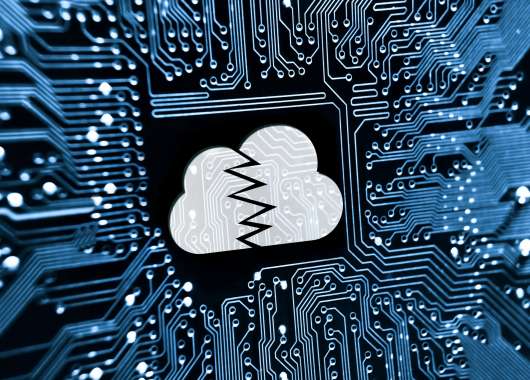Cyberattacks and hacker-related outages are becoming a regular occurrence. In fact, they are now so regular that we are becoming used to the inconvenience of IT system outages.
But some attacks are more serious than others. While an IT breach at an airline tends to be more disruptive than anything, other incidents can be much more serious. When a ransomware infection caused a gas shortage in the US, the effects were felt by virtually everyone in the affected region.
A food supply chain attack would be even worse
If the gas outage had lasted any longer, the effects could have been disastrous. Much of the supply chain on the Eastern Seaboard would have eventually ground to a halt, causing shortages and outages in other industries.
However, an attack on food producers could create a disaster even more quickly. Shutting down the IT systems used by a food manufacturer has an immediate destructive effect.
Computer systems now control much of the production line, ensuring ingredients are stored and used properly, and that hygiene standards are maintained. If hackers compromise those systems, the entire supply chain is also compromised – any food in the production line will probably have to be destroyed because the production company cannot guarantee its safety or quality.
As the food industry becomes increasingly digitised, cybersecurity threat also increases. Food supply chains now stretch across the globe – and hackers can attack IT systems at any point. Geopolitical factors are already driving up food prices and limiting supply – a major cyberattack could result in severe shortages with significant humanitarian implications.
Planning ahead
In order to meet these challenges, the food production industry must increase IT system resiliency. This will mean building advanced IT defences similar to those used by other essential industries like energy, defence, and finance.
This will probably mean making significant investment in IT upgrades to ensure applications meet modern security standards. Old systems were never designed to withstand ransomware and malware, so they increase the risk of being attacked.
Food producers will also need to carefully examine their supply chain and the many IT systems they rely on to source ingredients and ship finished products. They will need to begin using “smart” security tools that use artificial intelligence to automatically detect and block suspicious behaviours. This proactive approach is faster and more effective than traditional antivirus apps which can only detect “known” threats.
Given current global instability – and the ever-increasing threat of cyberattack – food producers must act now. Otherwise, the next attack could have devastating consequences.
To learn more about IT security and the modern tools that are capable of protecting against cyberattack, download a free trial of Panda Dome.






